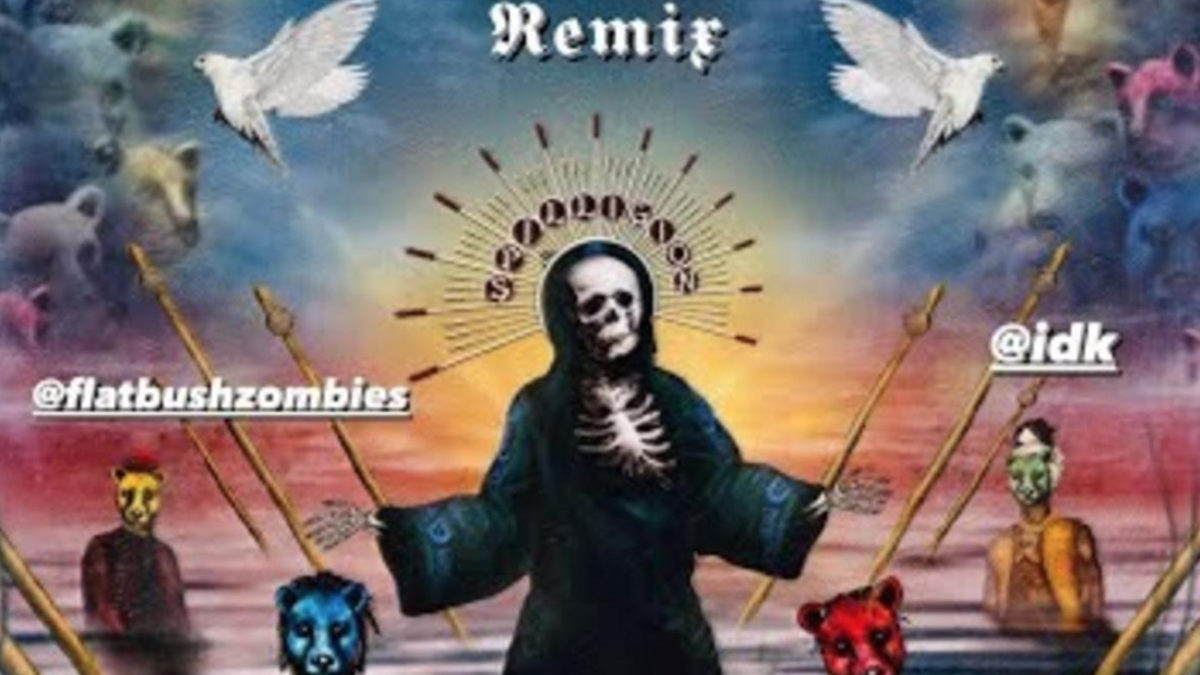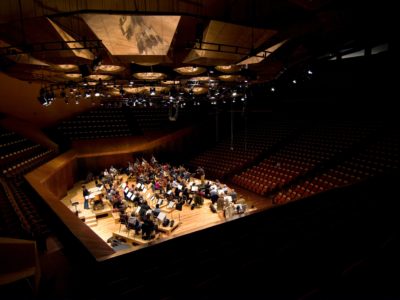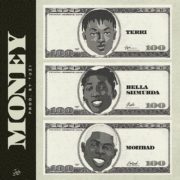
Contemporary music is the flow of Western classical music and refers to music from the latter half of the 20th century to the present. The definition is also very vague and abstract, as it is written as “Niue Music” in German and “20th century classical music” in English, and it depends on the style, like the division of Western music history of other times. It is not classified. Contemporary music often refers to cutting-edge music that denies or updates traditional musical styles such as tonality. The most prominent feature is atonal tilt and to dissonance is a frequent use of. It has been criticized that the term contemporary music itself is privileged and elite in the whole of “contemporary music”.
The term contemporary music refers to the age when the technique was considered, not when the music was released. For the general classification of modern music such as pop music, jazz, and rock, which are mainly composed by pre-modern music techniques, see the section on modern music (see below for music in other adjacent fields). See also regional trends.
Music in other fields and their mutual influence
Today, it is common to think that music in other fields that is not regarded as the flow of classical music (for example, pop, jazz, rock, etc., which is mainly regarded as commercial music) is considered separately from classical music. Yes (details on this definition / problem will be dealt with in the section on modern music).
The influence of contemporary music on music in these other fields has been genres such as free jazz (such as Ornette Coleman) and avant-garde rock (such as Frank Zappa), progressive rock, and noise music since the late 1960s. Affected.
In addition, some of the “Mannerist music” mentioned above incorporates the wording of commercial music in other fields.
Music in other fields and their mutual influence
Today, it is common to think that music in other fields that is not regarded as the flow of classical music (for example, pop, jazz, rock, etc., which is mainly regarded as commercial music) is considered separately from classical music. Yes (details on this definition / problem will be dealt with in the section on modern music).
The influence of contemporary music on music in these other fields has been genres such as free jazz (such as Ornette Coleman) and avant-garde rock (such as Frank Zappa), progressive rock, and noise music since the late 1960s. Affected.
In addition, some of the “Mannerist music” mentioned above incorporates the wording of commercial music in other fields.
Boundary with commercial music
In German, there are classifications of serious music and entertainment music, of which E-Music refers to classical and contemporary music (even in other ethnic music). In the case of traditional solemn music or court music, it is considered to be equivalent to E-Music). In modern times, music that is mainly directly related to commercial distribution Commercial music is called U-Music. It can be seen that the way of thinking in other countries is almost the same. Roughly speaking, classical music corresponds to the former (E-Music) and popular music corresponds to the latter (U-Music) in Japanese.
However, there is also a lot of music that lies somewhere between E-Music and U-Music (in German). These are music that is progressive and cutting-edge in the U-Music category, but not treated in the E-Music category (in general values). These music are also called Avant pops.
Pablo Merck was once absorbed in the style of a mixed-race child of E-Music and U-Music, and Henri Poseur ‘s work includes a work entitled “E-Music? Or U-Music?”.
This also applies to music called semi-classical music. Music in this area has become the noisiest of copyright issues.
movie soundtrack
It is generally recognized that most of the film music is included in the entertainment music mentioned in the previous section, but there are also examples of contemporary music composers working on film music, and some of them (the artistic of the film itself). Sometimes sharp music is added (in response to a sharp attitude). Such music is sometimes perceived as contemporary music, and its scope is now not limited to movies, but extends to dramas, anime, and games. These examples can be found not only in contemporary music, but also in modern music in the early 20th century, when talkie films appeared (or accompanied by silent films).
Quotations of music from other disciplines in contemporary music
In the old days, the combination of different Ives music in the early 20th century, the introduction of the jazz wording in Gershwin ‘s ” Rhapsody in Blue “, and further back in the 18th century, Beethoven sang the popular songs of the time. It can also be seen in the piano trio “Song of the City”, which was incorporated into the song and used as a variation. These are not only the fact that the wording is incorporated, but also the meaning that the listener is reminded of the sense of hearing and pleased by incorporating the wording.
Such techniques are widely practiced, mainly among Mannerist music composers in recent years. In some of the works of composer Luciano Vero, who occupies a position as a classic of contemporary music, for example, in the tape music “Labyrinth”, free jazz -like language and back-chorus scat singing of pop music can be seen. However, it can be said that this predicts the arrival of the later trend of Mannerism music.
The biggest player is probably Bernd Aloes Zimmermann, a senior of Stockhausen in Cologne, Germany. His collage technique with most or always appearing jazz idioms and frequent quotations is unmatched by other composers, but like the repetitive techniques of Prokofiev, Janacek and Carl Orff. There is also the danger of always relying on that certain method. Also known as the king of quoted music.










